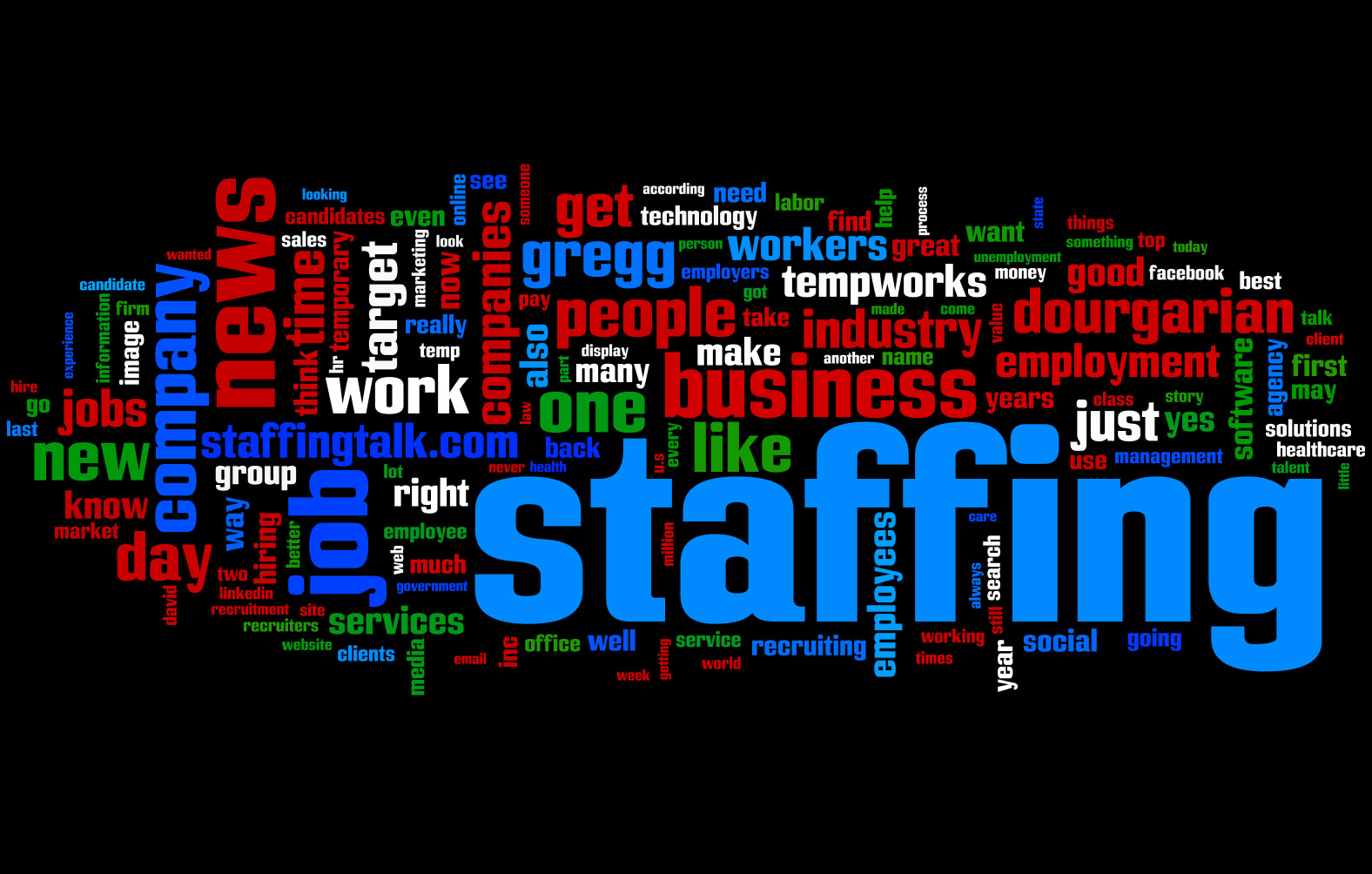Those who were around in the early days of live television were treated to a cultural bonanza unlike anything seen before or since. The new medium attracted the finest writers, directors, producers and actors from around the world to present amazing and entertaining shows night after night.
You wouldn’t know that now, when the world of television consists of phony reality shows cobbled together as a cheap paste for the 24 minutes out of every hour devoted to advertising. The talent has fled, and what is left is as satisfying as a bowl of stone soup.
The Internet is rapidly following the same path.
I know, because I was one of the pioneers in the early days, when Internet Service Providers banded together to fight for consumers and to keep innovation alive on the Net. In those days, AT&T was a company in search of its destiny – one willing to stand on principle to keep the Internet free from the likes of America Online. Today, they champion data caps that limit users to a fraction of the bandwidth they want and need.
Google premiered with the motto, “Don’t Be Evil.” This week, the company agreed to pay the largest fine ever levied by the Federal Trade Commission for breaking its agreement on user privacy. The company circumvented privacy protections in order to allow its advertisers to follow Internet users as they browse the Internet.
There was a time when Verizon stood up to music and film companies to protect consumers from predatory laws and lawsuits. When they spent millions of dollars of their own money to take the case to the US Supreme Court and win in the name of doing what is right. This week, they filed a brief in their lawsuit with the Federal Communications Commission, asking for the right to limit what services Internet users can access on their network. Citing the First Amendment as the basis for their “right” to keep you from going where you wish on the Internet.
FaceBook has had so many embarrassing privacy violations that it is barely worth reporting them any longer. Now the only FaceBook news to gain attention is when some virus or another sweeps through their system. eBay is being wracked with fraud. YouTube videos, when they can be viewed at all, are crammed with ever more advertising.
Perhaps this is part of a natural evolution, as it was with radio, and with television. But it is disheartening to watch, for those of us who came of age when the first 300-baud modems first connected to share information. Those of us who fought for an Internet free from excessive lawsuits, taxation by cities and states, and the efforts of content owners to force us to access only the content they wanted to give us, at the prices they want to charge us.
I’m out of the Internet public policy game now. I no longer trudge the halls of Congress, file amicus briefs with the US Supreme Court, or argue for consumers before the Federal Communications Commission. Like most of my counterparts in other organizations and other countries, I have hung up my pinstripe suit and laid down the quill pen.
But I am hopeful that someone comes along to take up the fight. That someone stands up to the cellular companies and their data caps. That someone stands up to Google and fights for privacy. That someone tells Verizon we won’t be walled in.
Because the Internet isn’t just another medium for advertising. It is an integral part of our lives, and our futures, and our freedom. It is that important, and it deserves a champion to protect it.
Thanks for reading CPA Practice Advisor!
Subscribe Already registered? Log In
Need more information? Read the FAQs




